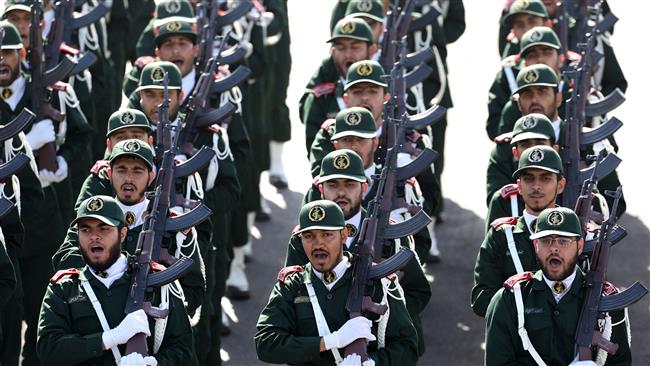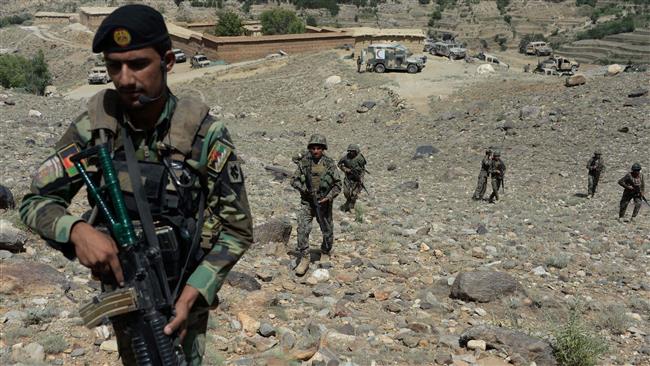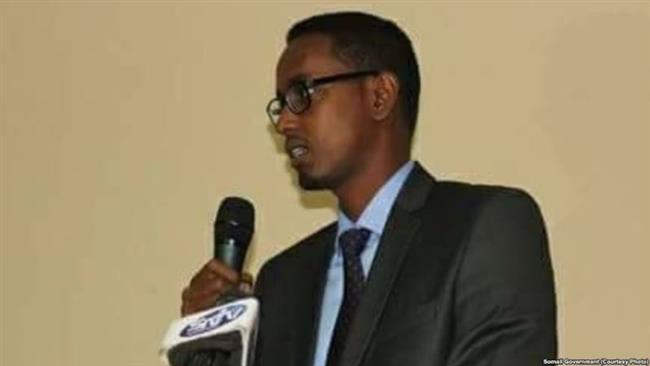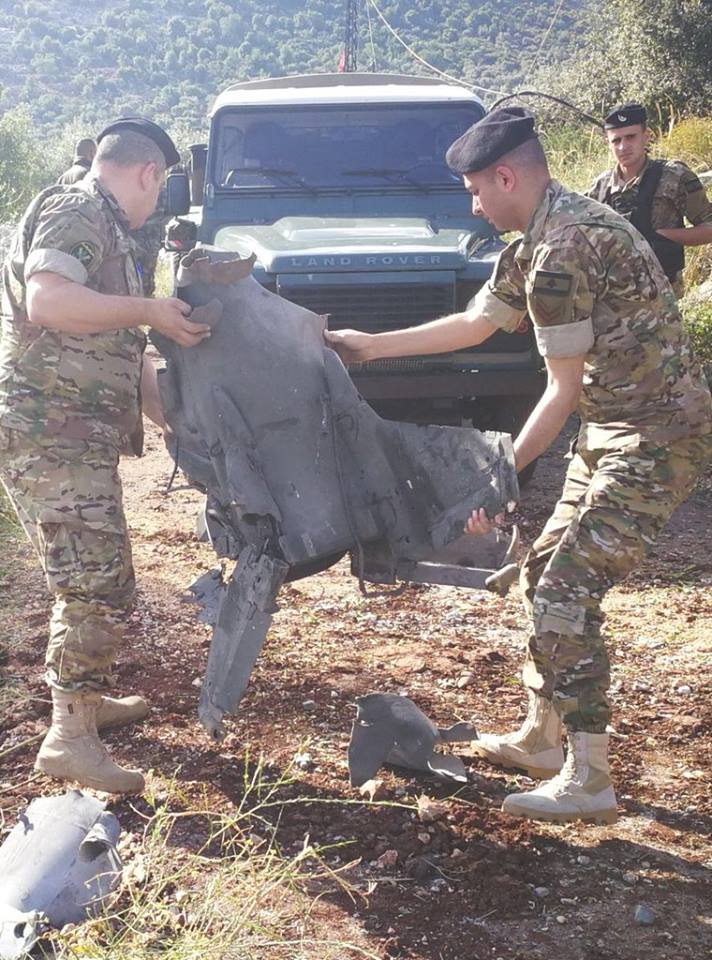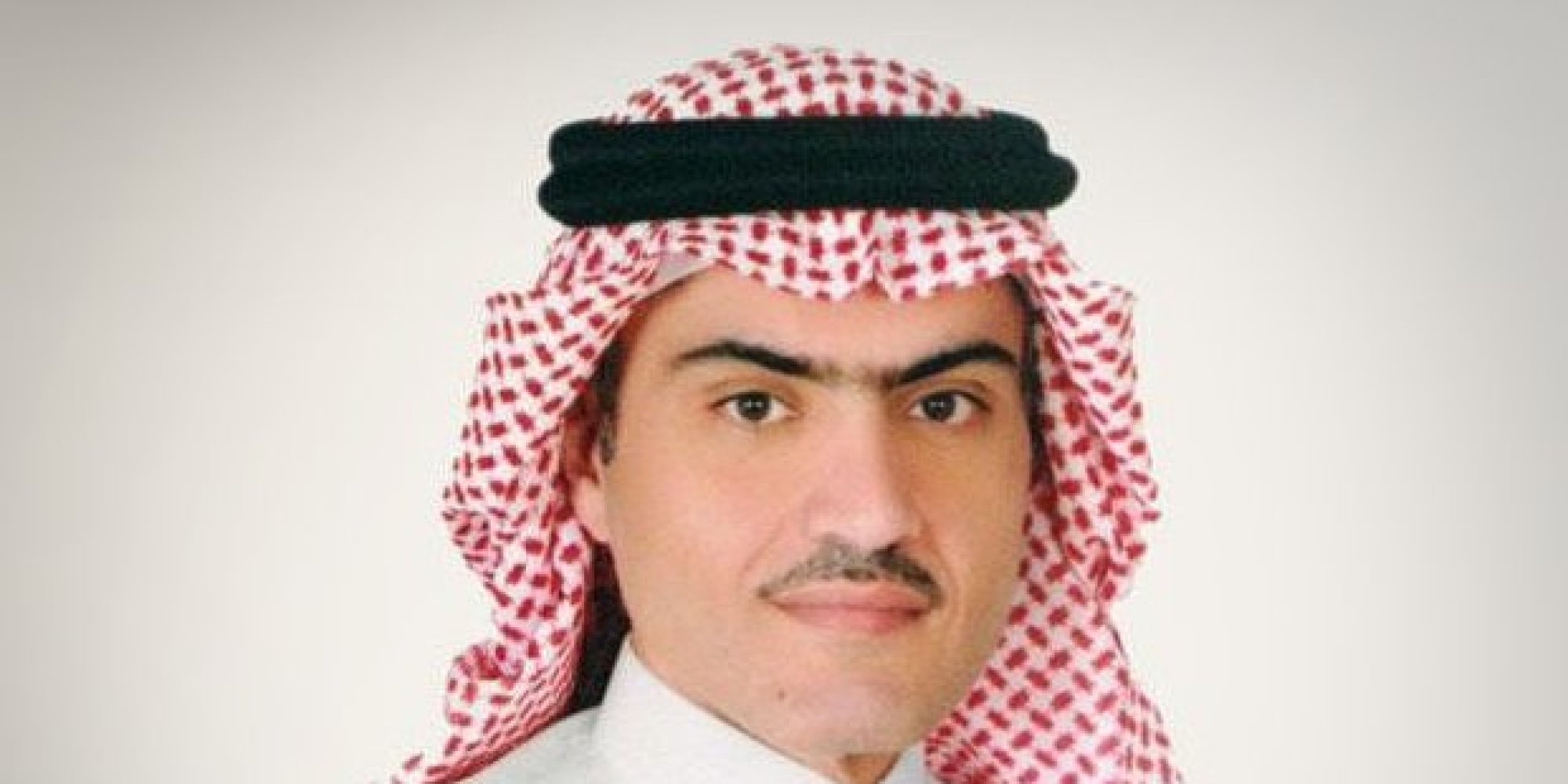Iran’s important diplomatic message in New York
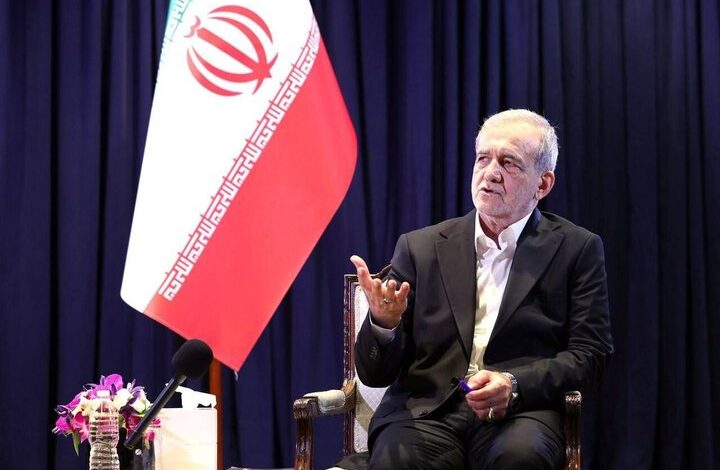
The President of Iran, who has traveled to New York at the head of a high-ranking political delegation, has said that his administration is ready to negotiate the JCPOA revival in the framework of honorable diplomacy.
Pezeshkian and his accompanying delegation are visiting New York to participate in the 19th United Nations General Assembly summit.
In a meeting with senior managers of American media outlets on Monday, the Iranian president said that the Islamic Republic is fully prepared to return to its obligations in the agreement if the US and the European parties to the deal fulfill their obligations as well.

Saying that Tehran adhered to all its commitments under JCPOA, Pezeshkian stressed that it was Donald Trump who withdrew from the deal, and unfortunately, other countries, instead of helping to revive the agreement, did not fulfill their commitments either.
He said that according to the Fatwa issued by the Leader of the Islamic Revolution (which bans any possession and use of weapons of mass destruction), the construction of nuclear weapons has no place in Iran’s defense and security doctrine, and in a situation where some countries were falsely accusing Iran country of trying to acquire nuclear weapons, the country was under strict inspections by the International Atomic Energy Agency (IAEA).
Pezeshkian’s remarks brought many reactions, with an American journalist saying, “He once again emphasized that Iran is ready to resume nuclear negotiations, but will not negotiate on a new agreement.”
Iran ready to start nuclear negotiations

In a video interview published on his Telegram channel, Iranian Foreign Minister Abbas Araghchi said that he is ready to start nuclear negotiations on the sidelines of the United Nations General Assembly summit in New York if the other parties are willing.
He said that Iran is ready for a new round of nuclear negotiations and if the other parties are ready, we can restart the negotiations during this trip.
Our duty in foreign policy is that if differences and hostilities have arisen between us and some countries, especially the United States, we should fully monitor it and plan how to reduce costs for the country and the people, the top Iranian diplomat underlined.
He added that he would stay in New York for a few more days and would have more meetings with the foreign ministers of other countries. Meanwhile, he rejected the possibility of meeting his American counterpart in New York.
According to the announced schedule, Araghchi is set to meet with Josep Borrell, European Union’s foreign policy chief, on the sidelines of the United Nations General Assembly in New York. Nuclear negotiations are one of the issues scheduled to be discussed in the meeting.
West needs to take meaningful steps
Iran’s peaceful nuclear program turned into an unnecessary crisis due to the unjustified instrumentalization of the United States under the influence of the Zionist regime and the complicity of the Troika.
Before signing the JCPOA agreement, the Westerners portrayed Iran’s nuclear program as an alleged threat to international peace and security based on the seventh chapter of the United Nations Charter and tried to make this issue security-related and link its solution to military action and sanctions.
As a result of their desperate efforts, Iran’s nuclear case was named PMD (abbreviation for possible military dimensions of Iran’s nuclear program) at the International Atomic Energy Agency, and the Westerners tried as much as possible to prove that Iran’s various scientific and industrial actions were aimed at producing nuclear weapons. At the same time, international nuclear experts claimed that Iran’s nuclear case is very serious and there is no way to solve it except through hard ways. But this case was closed almost 10 years ago and the IAEA officially confirmed this issue in a resolution. As a result, the West lost its excuse which was designed to deal with Iran militarily.

After signing the JCPOA in 2014 with the aim of removing the oppressive sanctions, Iran, as a responsible country, implemented its obligations flawlessly and this issue was confirmed in 16 reports of the International Atomic Energy Agency. But after Donald Trump entered the White House, the sanctions that had been lifted under the JCPOA were reinstated with his unilateral decision to withdraw from this agreement on May 8, 2018.
In 2018, the Islamic Republic of Iran activated the dispute resolution mechanism within the JCPOA joint commission at the level of foreign ministers of the remaining members in the agreement. As a result of this meeting, the JCPOA member parties issued a statement and made 11 commitments to compensate for the economic damages caused by the unilateral action of the United States.
However, the uneven implementation of this agreement on one hand and the pressures caused by the application and intensification of unilateral sanctions by the United States on the other hand, caused the Supreme National Security Council of the Islamic Republic of Iran to make decisions in order to stop the implementation of the measures step by step, with granting 60-day opportunities to the diplomacy.
Iran fulfilled all its obligations under this agreement until one year after the withdrawal of the United States from the JCPOA in order to give a chance to the European countries that promised to compensate for the effects of Washington’s withdrawal from the agreement. But considering that the European countries did not fulfill their promises either, Iran also reduced its obligations under the JCPOA in several steps.

After taking office in January 2021, the Democratic administration of Joe Biden condemned the unilateral action of Trump but never took any credible action to compensate for the wrong policies of the Trump administration.
In the 8 rounds of Vienna negotiations, Iran showed its maximum courage and insight by agreeing to talk about preserving the JCPOA and expected the Western parties to take a responsible approach as well. But the experience of the talks showed that no matter how much Barack Obama was willing to conclude the JCPOA and Donald Trump was willing to terminate this agreement, Joe Biden did not have the necessary will to make a decision in this regard, and that is why the Vienna negotiations were halted.
As a responsible country, Iran has always declared that it is ready to conclude a stable and reliable agreement that will remove the sanctions in a guaranteed way.
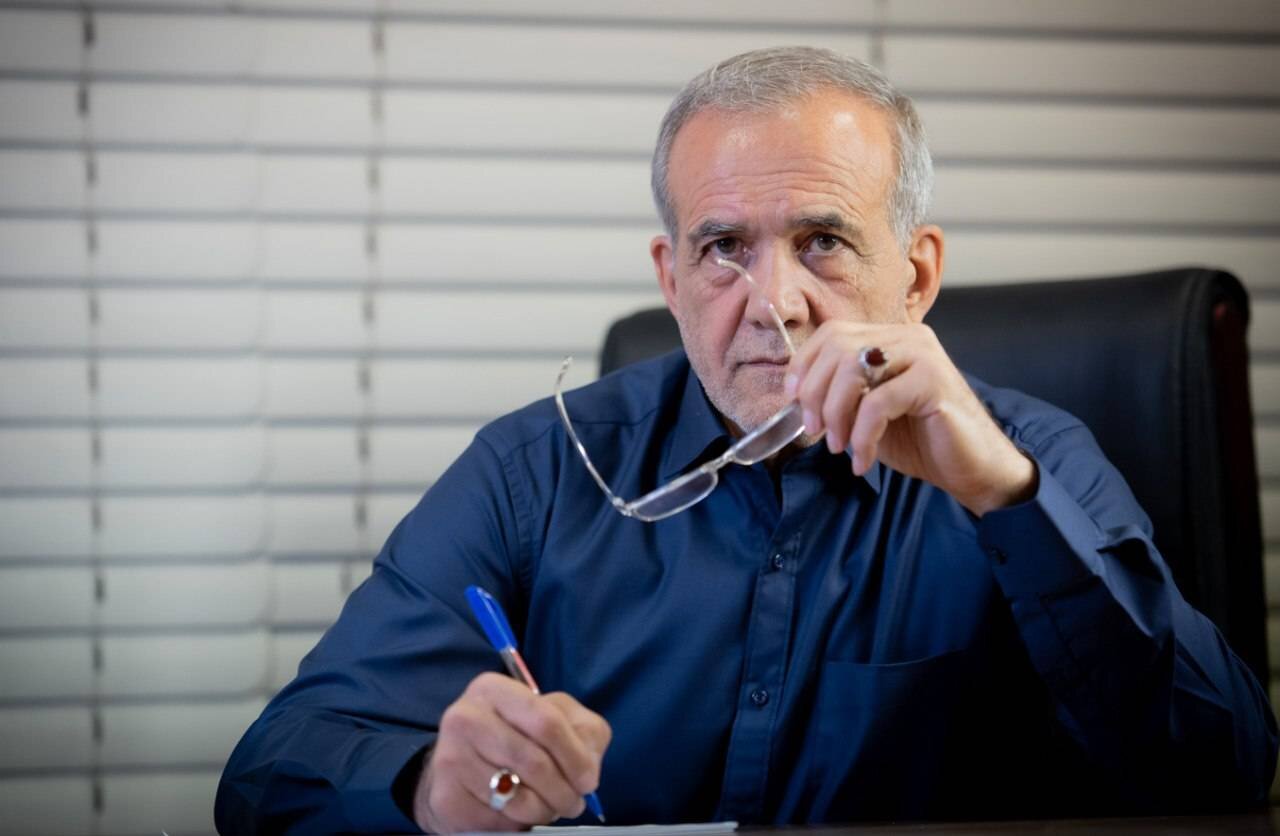
In a note for the Tehran Times, Pezeshkian said, “Despite these missteps, I look forward to engaging in constructive dialogue with European countries to set our relations on the right path, based on principles of mutual respect and equal footing.”
“The United States also needs to recognize the reality and understand, once and for all, that Iran does not—and will not—respond to pressure. We entered the JCPOA in 2015 in good faith and fully met our obligations. But the United States unlawfully withdrew from the agreement motivated by purely domestic quarrels and vengeance, inflicting hundreds of billions of dollars in damage to our economy, and causing untold suffering, death, and destruction on the Iranian people—particularly during the Covid pandemic—through the imposition of extraterritorial unilateral sanctions,” he added.
“Decision-makers in Washington need to recognize that a policy that consists of pitting regional countries against each other has not succeeded and will not succeed in the future. They need to come to terms with this reality and avoid exacerbating current tensions,” Pezeshkian continued.
Therefore, it is necessary that the Western parties, instead of diverting public opinion, exert their will and by taking meaningful steps, show their authentic desire to reach a final agreement and end an unnecessary conflict.
MP/IRN85605440
